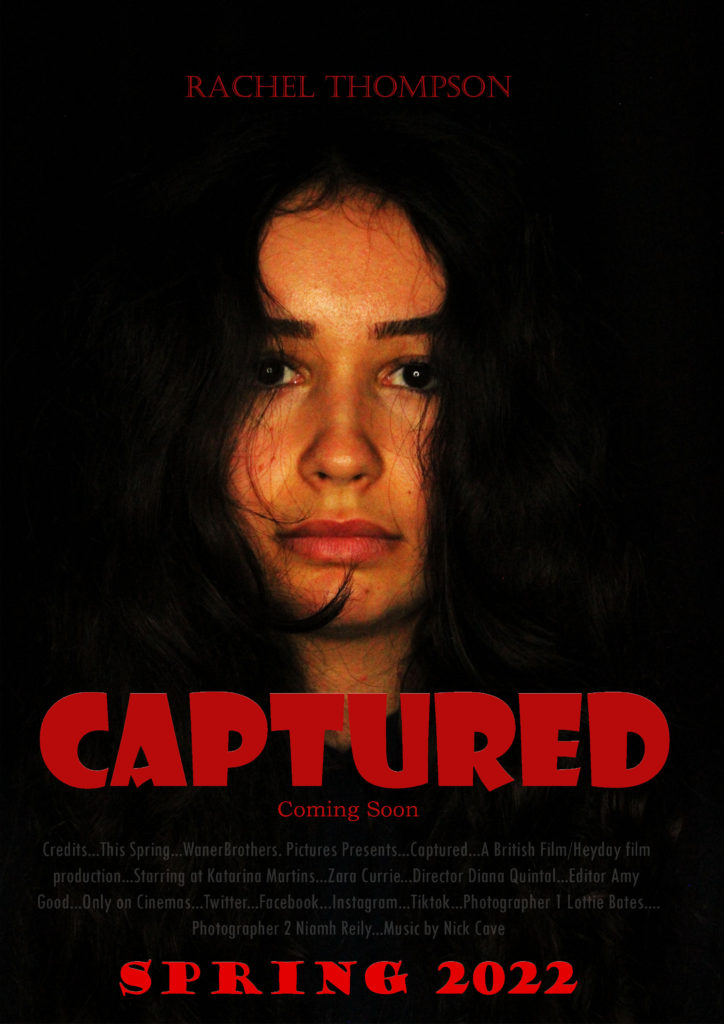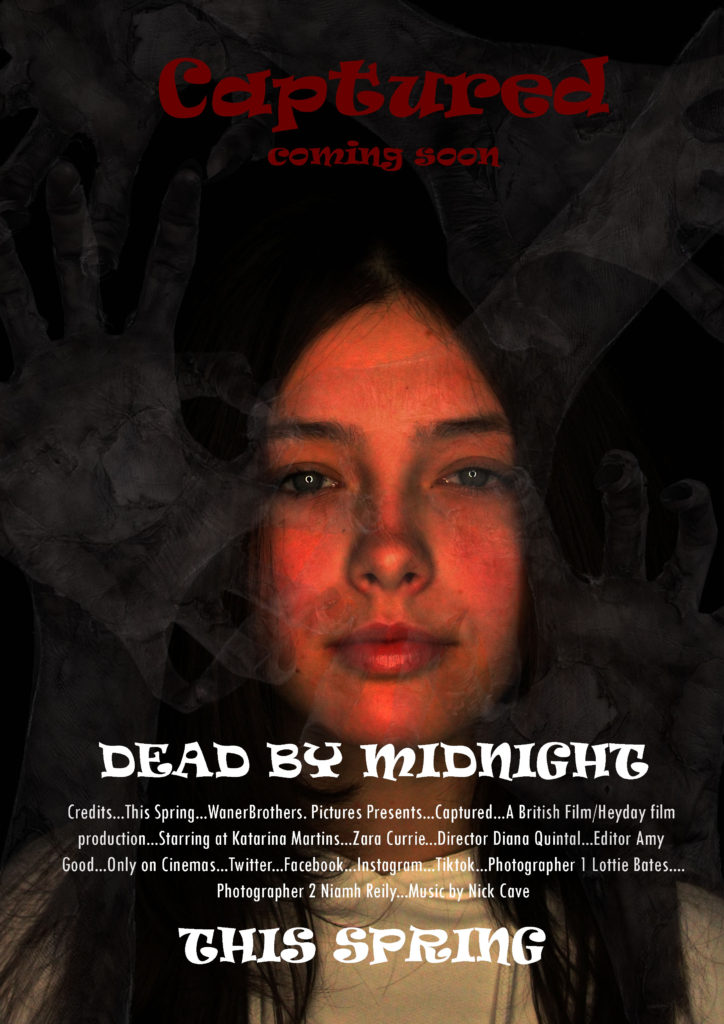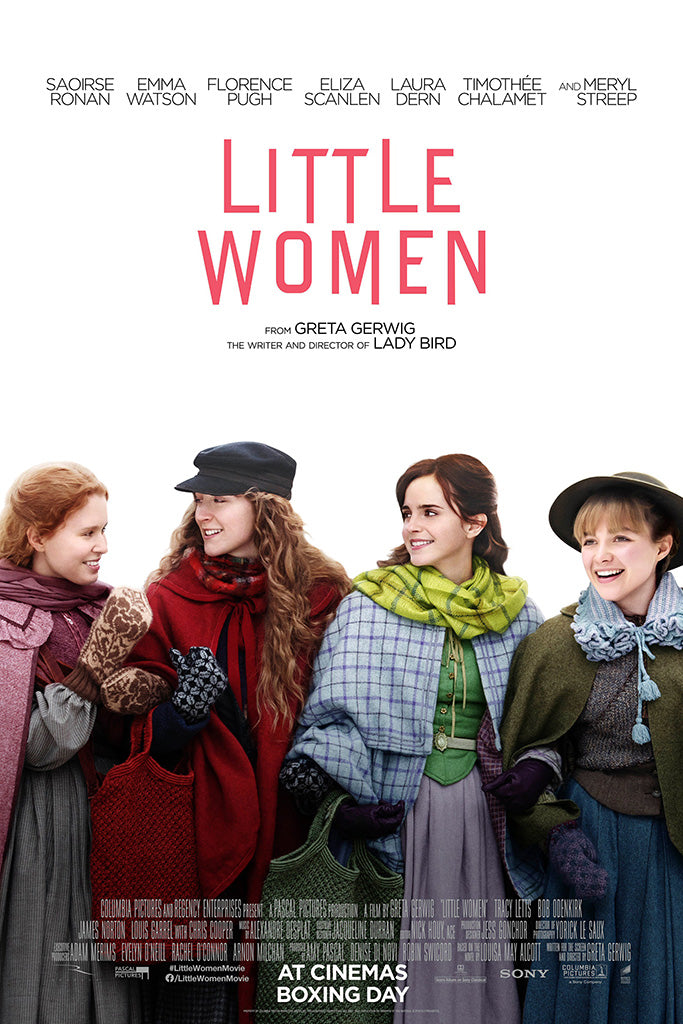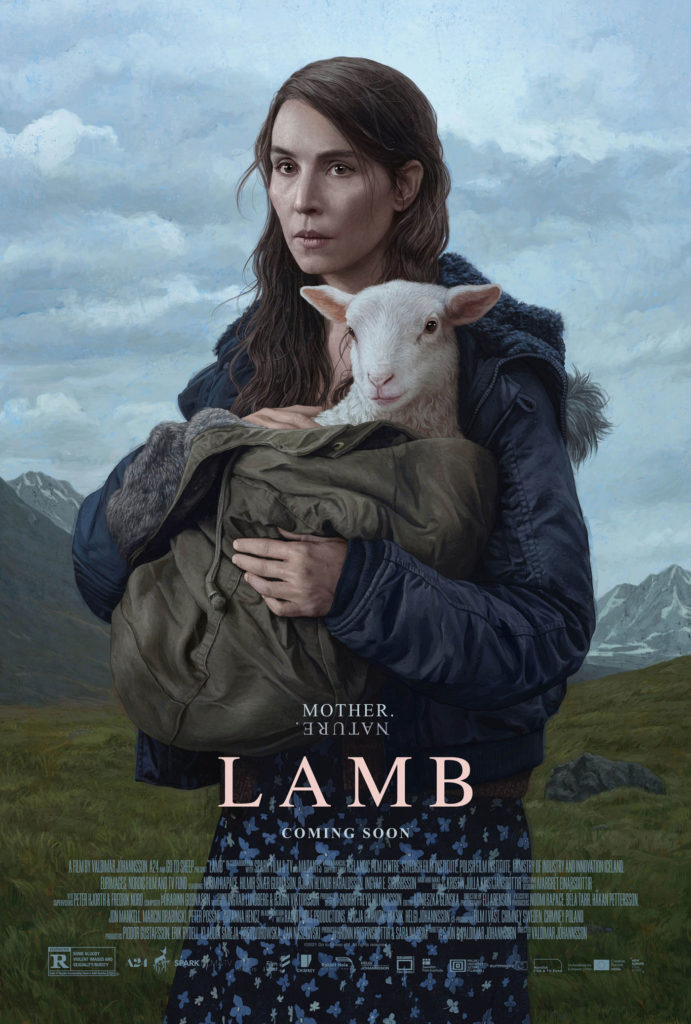Youth culture as Political Protest
Key concepts: culture resistance, cultural hegemony, and subcultural theory
context: race relations, thatcher’s Britain
case studies: rock against racism, rock against sexism, and 2 tone
The Idea of Resistance and Political Protest: the political, personal and cultural are always intertwined
Cultural Hegemony:

● Antonio Gramsci: Italian philosopher writing in the 1930s
Key Terms:
● Hegemonic: dominant, ruling-class, power-holders
● Hegemonic culture: the dominant culture
● Cultural hegemony: power, rule, or domination maintained by ideological and cultural means.
● Ideology: worldview – beliefs, assumptions and values
● Cultural hegemony functions by framing the ideologies of the dominant social group as the only legitimate
ideology.
● The ideologies of the dominant group are expressed and maintained through its economic, political, moral,
and social institutions (like the education system and the media).
● These institutions socialise people into accepting the norms, values and beliefs of the dominant social
group.
● As a result, oppressed groups believe that the social and economic conditions of society are natural and
inevitable, rather than created by the dominant group.
Subcultural Theory: The Birmingham School (1970s)
● In the 1970s, a group of cultural theorists in Birmingham applied Gramsici’s theories to post-war
British working-class youth culture.
First to realise the punks in the 1970’s and different groups in schools
Positives of The Birmingham School’s subcultural theory:
● Validated the study of popular culture – previously considered superficial
Race:
● Bringing race into the picture in the 1980s, Paul Gilroy
highlighted how black youth cultures represented
cultural solutions to collectively experienced problems
of racism and poverty.
After WW2, many Caribbean men and women migrated to Britain seeking jobs.
They were faced with racism and discrimination, and found it difficult to find
employment and housing.
● During the 1970s and 1980s, the children of these Caribbean immigrants were
reaching adulthood. They were subject to violence and discrimination from both
the state and far right groups. However, they more likely to resist the racism of
British society compared with their parents.
Margaret Thatcher:
● Prime Minister 1979-1990
● Militant campaigner for middle-class interests
● In an 1978 interview: ‘British national identity
could be swamped by people with different
culture’
● Hardline attitude towards immigrantion
● Conservative Manifesto: ‘firm immigration control
for the future is essential if we are to achieve
good community relations’
● British Nationality Act of 1981: introduced a
series of increasingly tough immigration
procedures and excluded Asian people from
entering Britain.
Black Music as Resistance:
● Black music offered a means of articulating oppression and of challenging
what Gilory has termed, ‘the capitalist system of racial exploitation and
domination’.
● The lyrics of many reggae songs revolve around the black experience black
history, black consciousness of economic and social deprivation, and a
continuing enslavement in a racist ideology.
● Reggae is often sung in Jamaican patois, emphasising a black subjectivity
that is independent from white hegemony
Rock Against Sexism was British anti-sexist campaign that
used punk as a vehicle to challenge sexism, promoting
female musicians while challenging discrimination in the
music industry between 1979 and 1982.
2 Tone
● 2 Tone was a genre of British popular music, that fused punk with Jamaican reggae and ska music.
● The name of the genre derives from 2 Tone Records, a record label founded in 1979 by Jerry Dammers of The Specials, and
articulates a desire to transcend Britain’s racial divides.
● The bands on the Two Tone label were largely multicultural, for example the Specials, the Selecter, Madness, the Beat and the
Bodysnatchers. This was the practical realisation of the anti-discriminatory ambitions of Rock Against Racism. While RAR
brought black and white musicians onto the same stage, Two-Tone brought black and white musicians into the same bands.
● 2 Tone bands came to prominence during Margaret Thatcher’s first term in office as PM. The songs addressed the political
issues of the day: racism, sexism, violence, unemployment, youth culture, and were highly critical of the police, and the
authoritarian government.
● Similar to punk’s susceptibility to right-wing interpretation, 2 Tone also attracted the attention of right-wing youth. 2 Tone
concerts were often inflated by members of the National Front or British Movement, disputing gigs and Sieg Heiling. The
contradictions of race were reproduced and at times amplified in the tense atmospheres characteristic of 2 Tone gigs.





